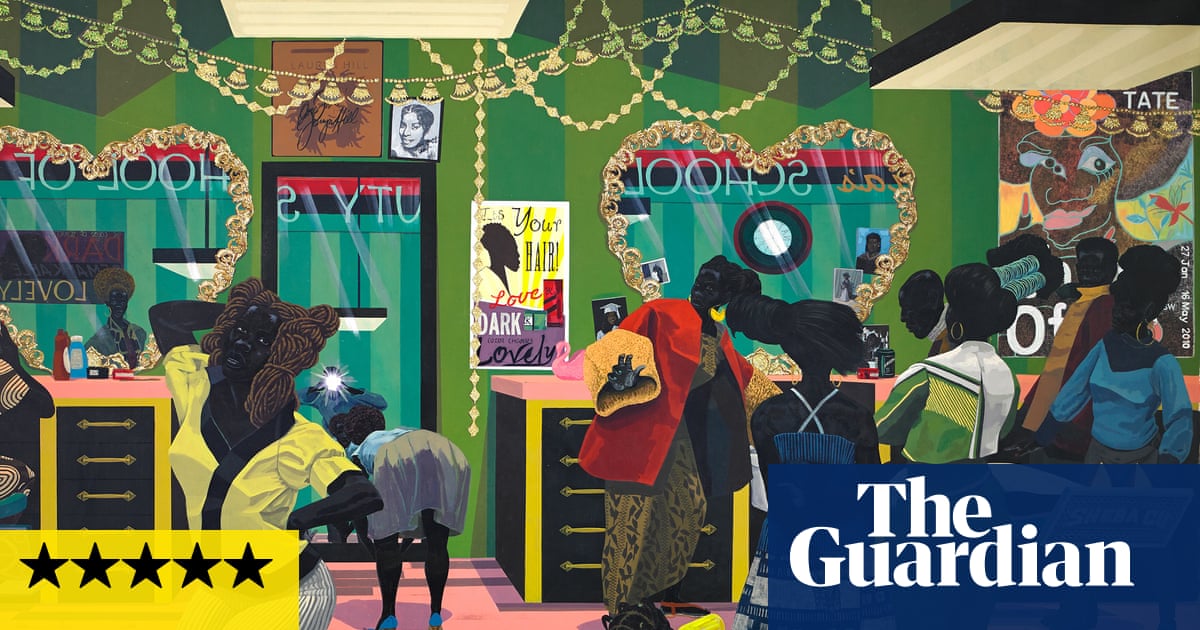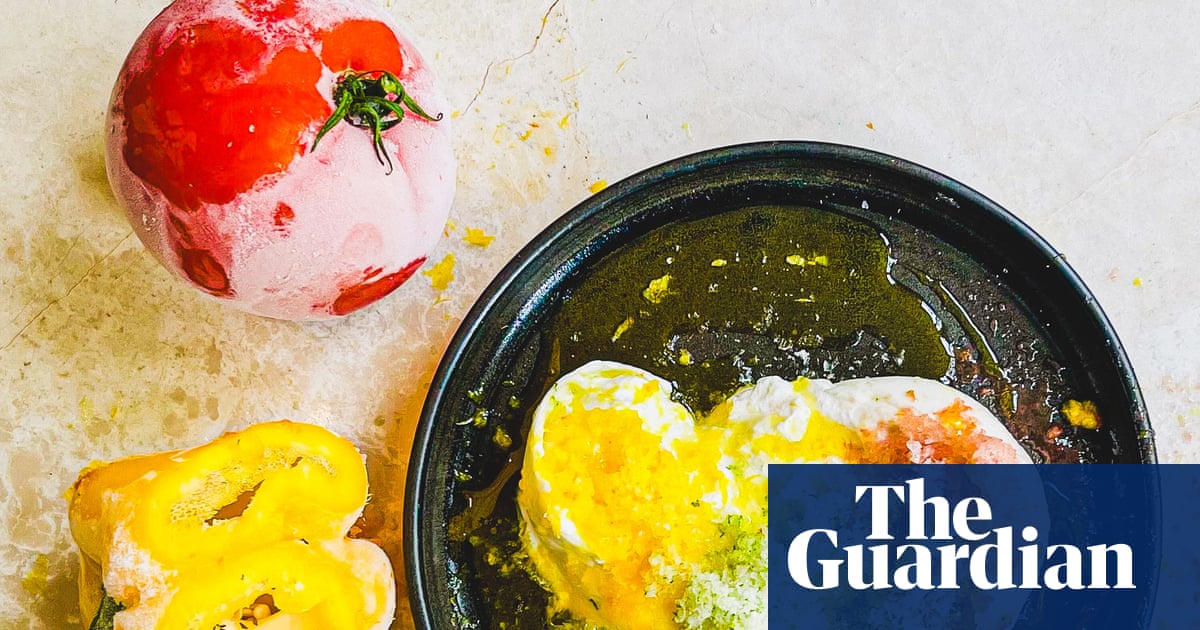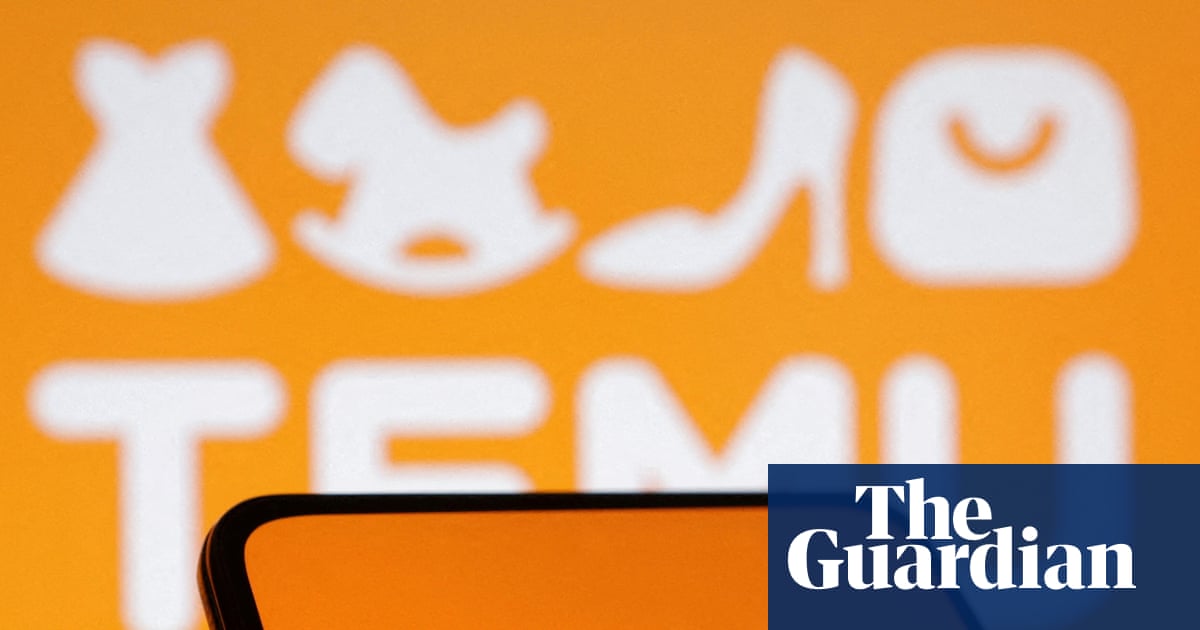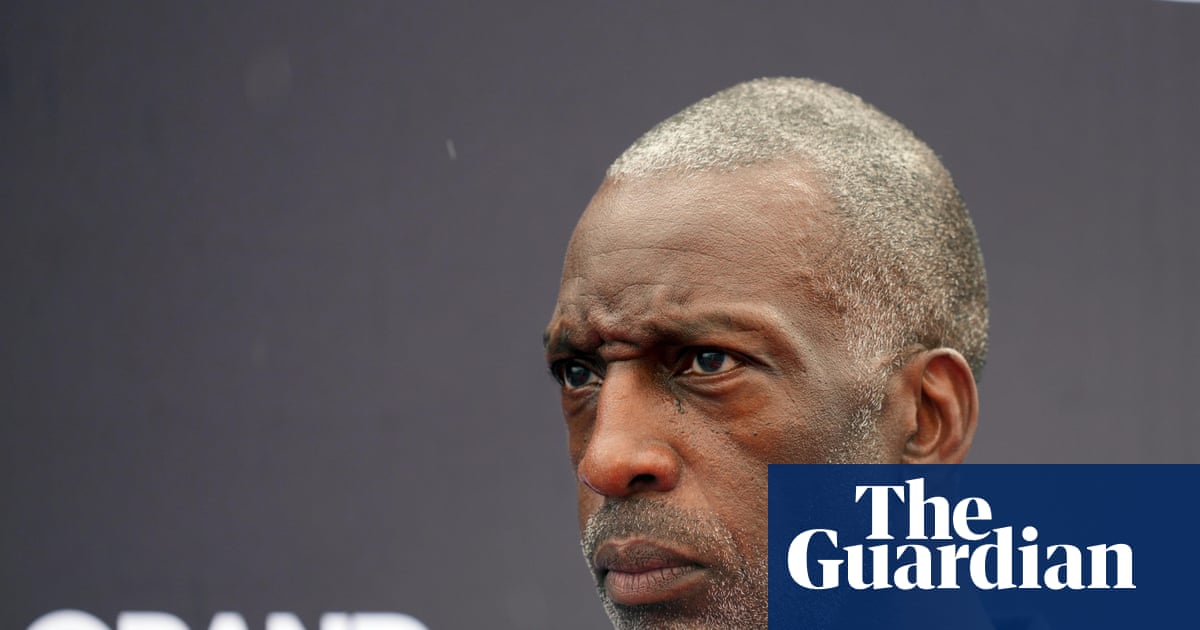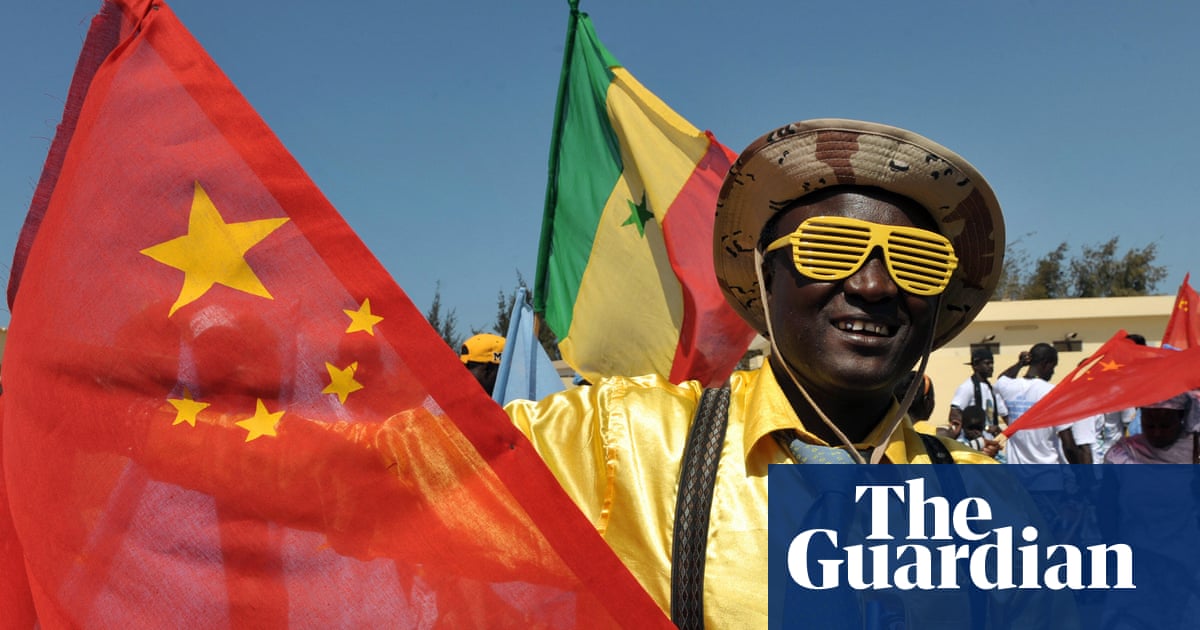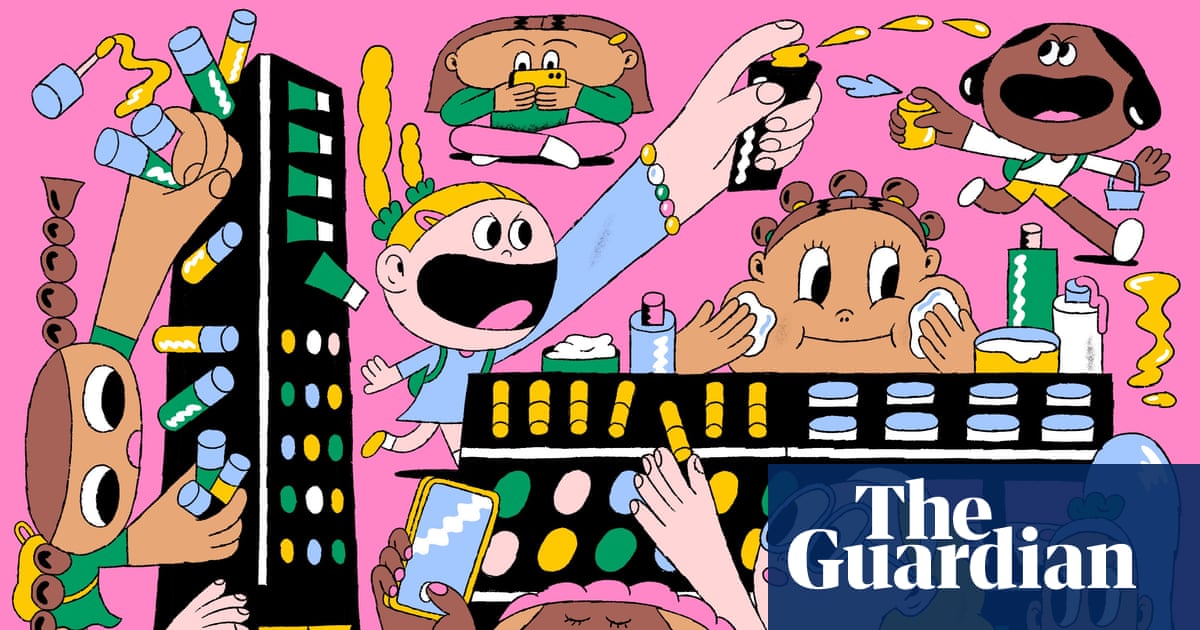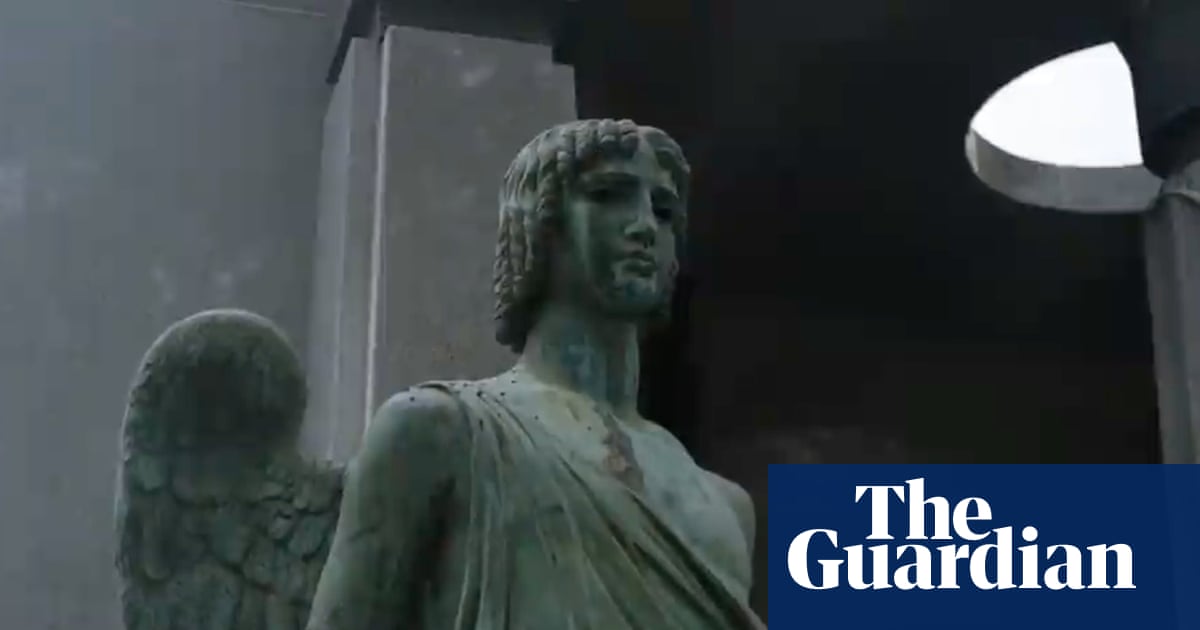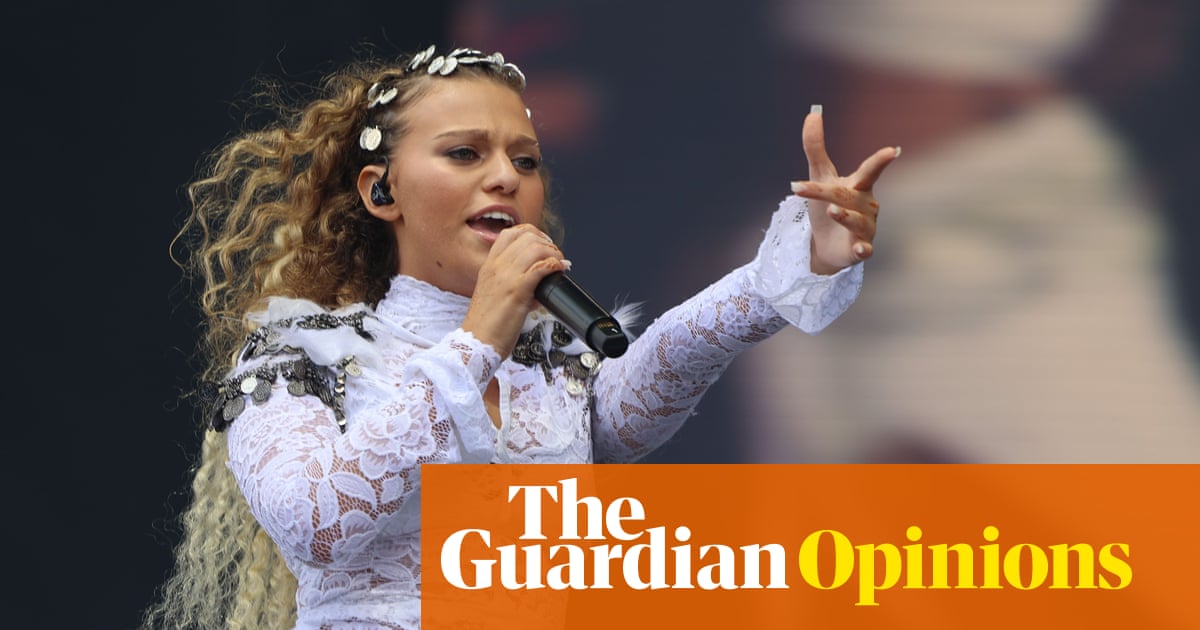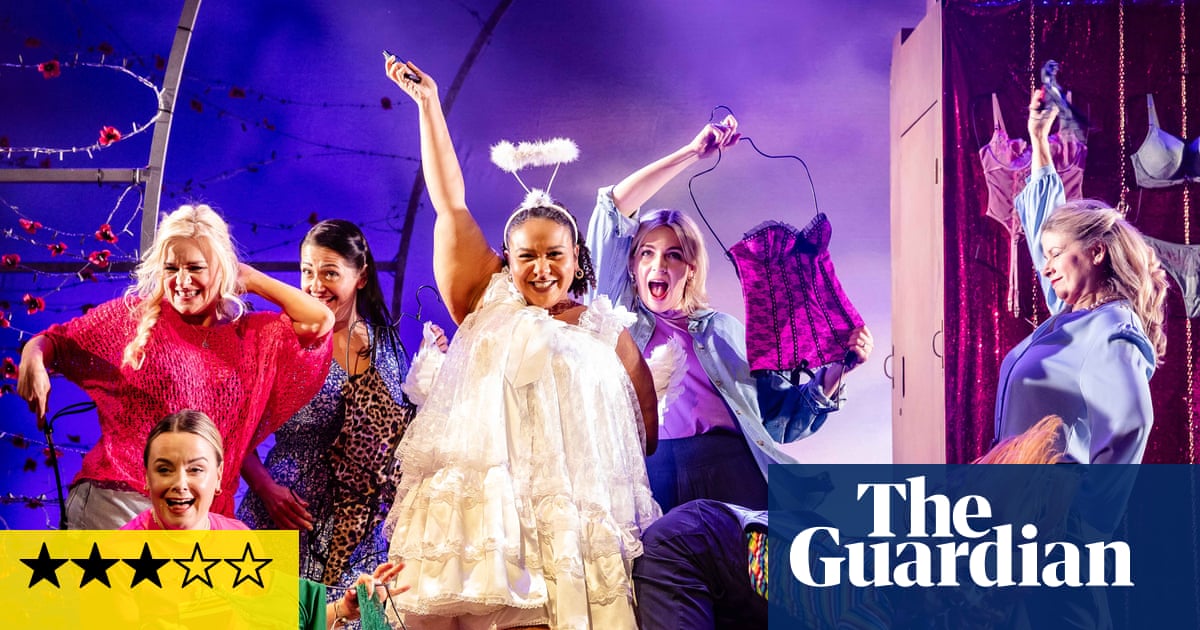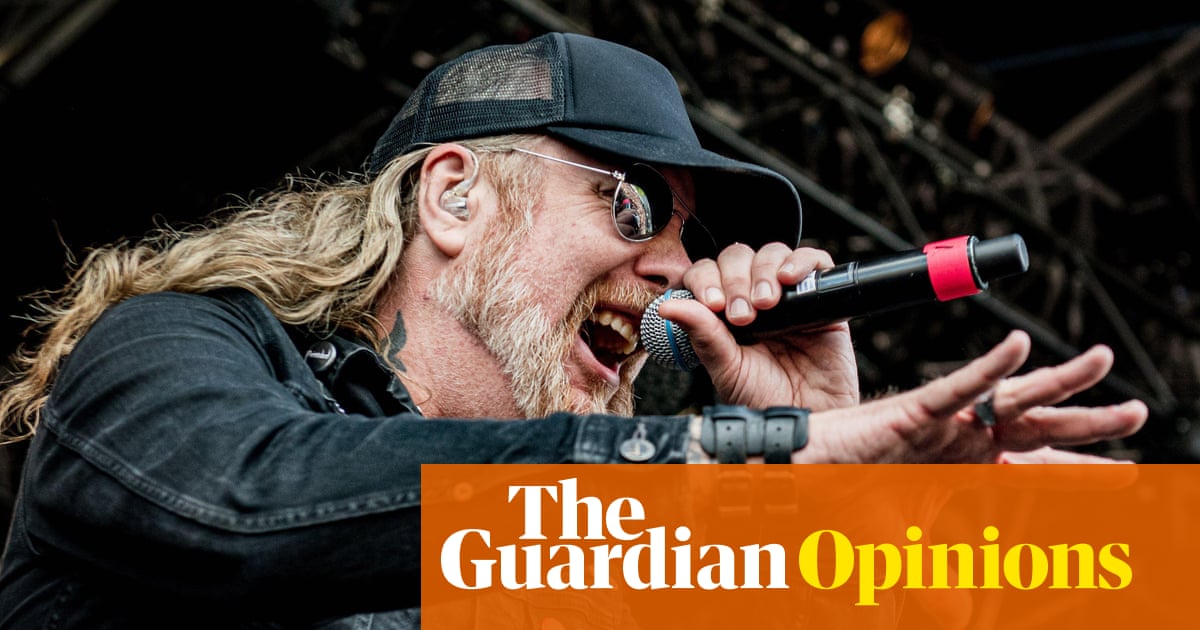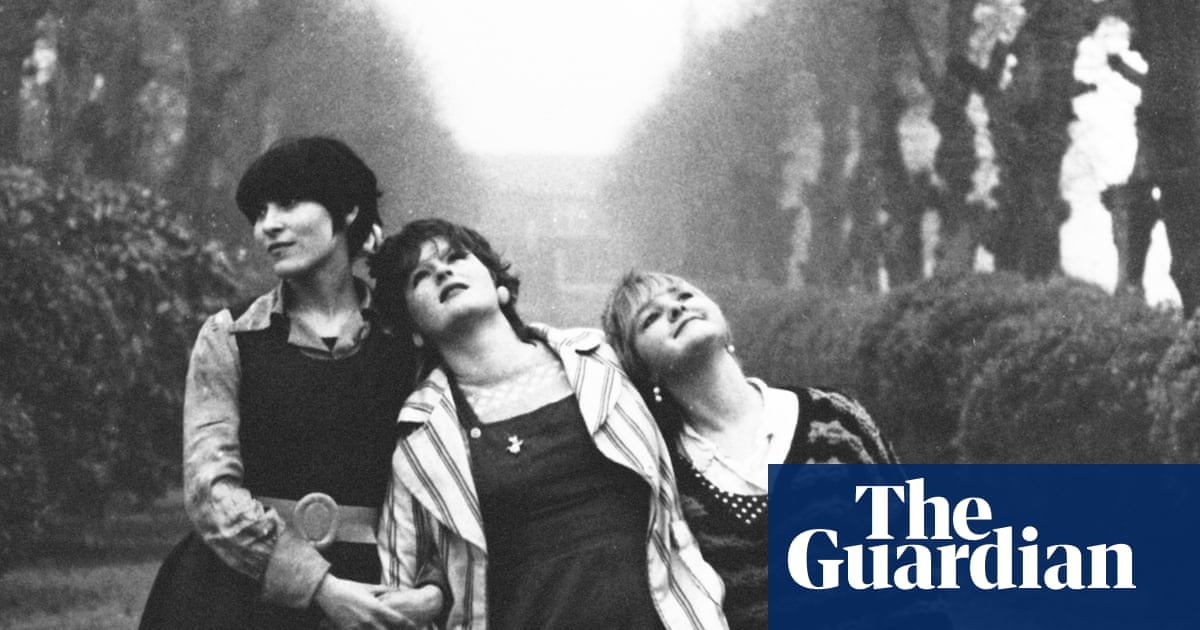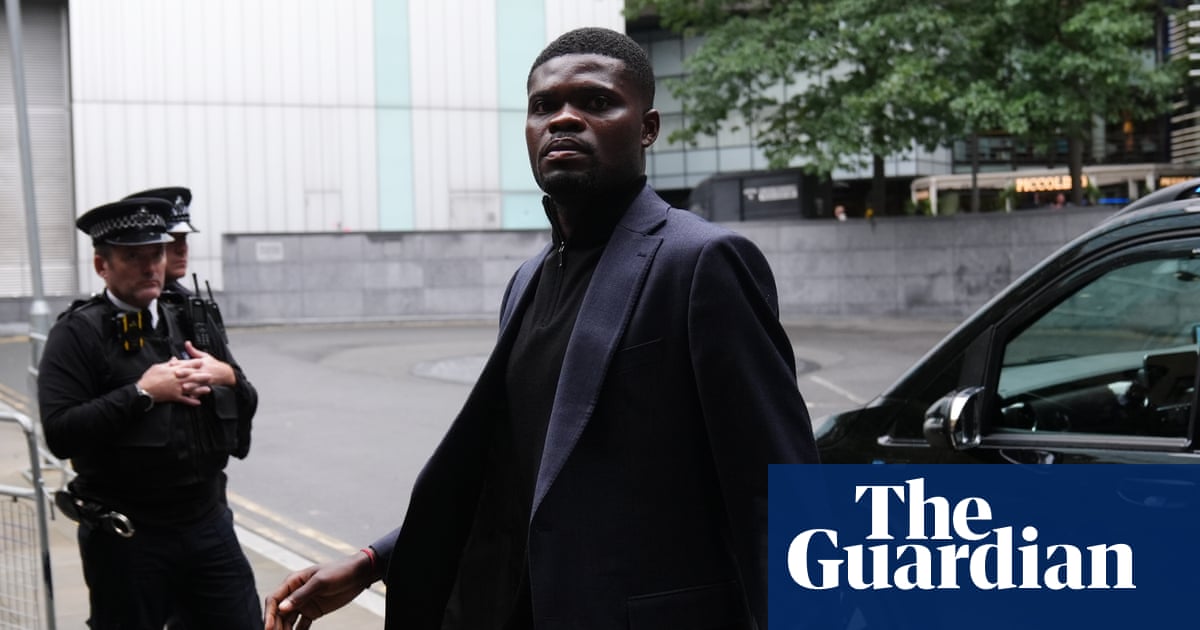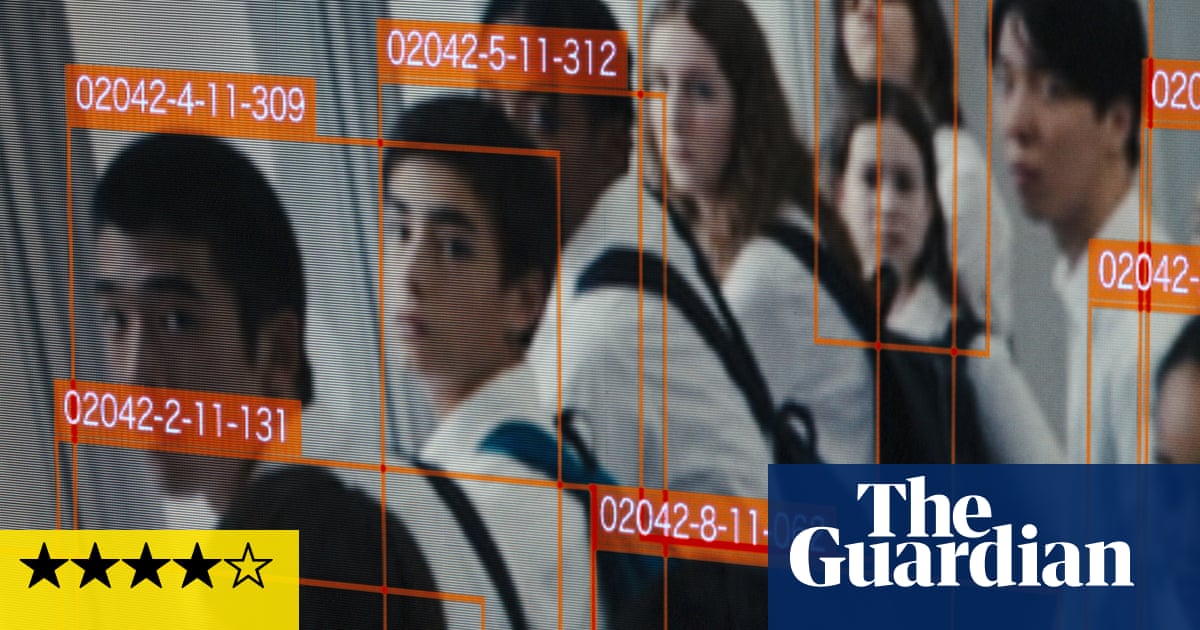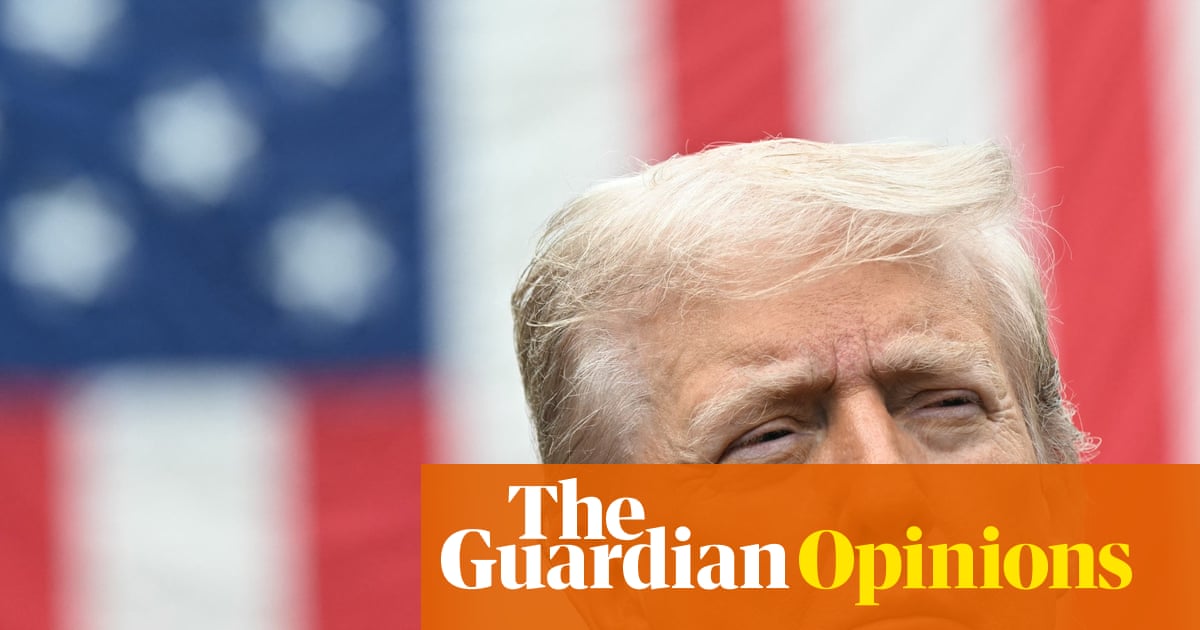Few facts feel more perfect than this: Robbie Williams’s current stadium and arena tour is sponsored by a cat food. Yes, the Britpop tour, promoting Williams’s upcoming album of the same title, is brought to us by Felix (he joins the brand’s feline mascot in a new campaign). The show has just spent two nights in residence at London’s Emirates Stadium, having previously stopped off in Edinburgh. It will also see dates in Manchester, Bath, Newcastle and Dublin, as well as other cities in Europe, many of which are sold out.
I mention the cat food thing because it feels pretty intrinsic to Williams’s popular persona, and how he’s perceived right now. It is, by anyone’s standards, entirely camp in that particularly British, “hun culture” type of way, where glamour goes hand in hand with ordinariness – and that’s exactly where Robbie’s appeal lies in 2025, as he experiences what appears to be a cultural comeback.
Indeed, over the past year or so, and particularly over the past six months, Williams has experienced a resurgence, something he himself acknowledges: “Robbie Williams,” he laughed on stage on Friday night. “Back in stadiums, eh?”
That’s not the only bit of evidence, however. He’s rumoured to be playing a secret slot at this year’s Glastonbury; he was recently honoured with the PRS for Music Icon award at the Ivors; and while his biopic Better Man was commercially unsuccessful, it went down pretty well with critics, who praised it for its candour about class and addiction. Williams shows up on cosy TV shows such as Michael McIntyre’s The Wheel, not to mention the cat food adverts, but he’s also found an audience with generation Z, as the subject of social media posts featuring archive photos of 90s and 00s fashion and celebrity culture. His appeal in 2025 has become widespread; his music still endures (play Angels in any pub in Britain and it’ll have the same effect as telling everyone there’s a free bar). You could, then, call it a bit of a Robnaissance.
This is all happening because Williams occupies a unique position. He’s a charisma machine who regularly plays in front of thousands, but he’ll also happily divulge to his crowds that he’s – and I quote – “knackered” after playing certain songs, and exchanges concerns about erectile dysfunction with a lip-fillered, AI version of his future self in a between-songs bit. If someone from a younger, more self-serious generation – Sam Fender, Harry Styles – were being sponsored by Pedigree Chum it would probably raise a few eyebrows, but for Williams, stuff like the Felix partnership is entirely on brand. The first person, after all, to nudge and wink at Robbie is Robbie.
There is a whole section in his show about how he no longer cares for being cool, while dressed in a hot pink suit. On stage, he delightedly acknowledges that his audience is primarily made up of middle-aged mums – “and I love it!” He speaks candidly about his poor mental health on Instagram. Interestingly and marvellously, it’s in this total abandon that his star is rising again.
And this could, it should be acknowledged, very easily not have happened. For a while, he wasn’t well received by the public – a video of him singing as his wife Ayda Field gave birth to their child went down online like a ton of bricks, as did a gag where he used hand sanitiser after touching hands with a New Year’s Eve audience on TV. It was only in 2022 that he was widely criticised for performing in Qatar at the football World Cup, responding to the feedback thus: “If we’re not condoning human rights abuses anywhere, then it would be the shortest tour the world has ever known: I wouldn’t even be able to perform in my own kitchen.”
Since then, however, the tide has turned. Williams has publicly shown his softer side again. A 2023 Netflix documentary about his life saw him reviewing photos and footage on his laptop, in bed in his underwear. There’s also the aforementioned mental health chat online, and, of course, Better Man was further insight into his struggles at the hands of the press and the music industry. Broadly, the vulnerability that he has always embraced in his music (“I don’t wanna die, but I ain’t keen on living either”) has become more and more in vogue for men and male celebrities, in response to the frightening versions of masculinity spawning online. It seems that the mainstream masculinity of the day has caught up with the man who openly sang in 2002: “If you don’t need me, I don’t exist.”
Williams will probably always have the ability to put his foot in his mouth spectacularly. But the more he reveals of himself, the more he cements his place as a unique and – let’s face it – unparalleled British performer. There is nobody who does what he does, nobody with his legacy or catalogue, nobody who straddles cool and uncool in quite the same way that Brits love so much.
From where I am standing, then, Williams’s popularity in the current moment is deserved and hard won, for a performer who has the type of gift you cannot teach. When he emerged on stage in front of 60,000 people on Friday night, he introduced himself simply: “I’m Robbie Williams. This is my band, this is my arse.” He also told us: “I want to be the king of entertainment.” And at this point, you do have to ask: who else could it be? This is his Robnaissance – we’re just living in it.
-
Lauren O’Neill is a culture writer

 3 months ago
100
3 months ago
100

